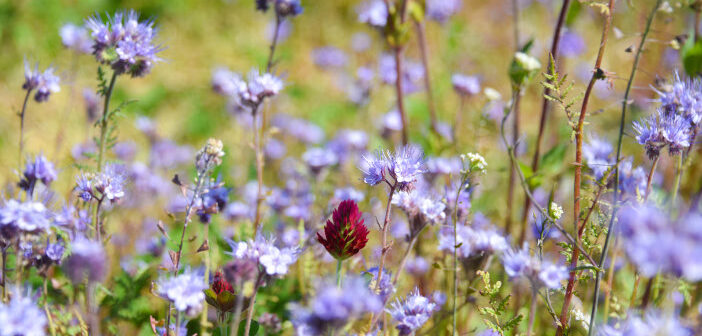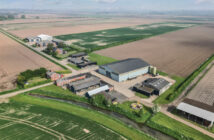Ceres Property has welcomed the government’s response to its Biodiversity Net Gain (BNG) consultation, as it gives the go-ahead to landowners to start preparing for a scheme.
Associate partner, Peter Cole, said that clarification has been provided in several important areas. He particularly highlighted the advice on the stacking of different schemes and the extension of the transition period for small sites as especially relevant for those contemplating the biodiversity offsetting market.
He said: “We now know that sites can be used for both nutrient neutrality and biodiversity units and that the land can also be part of Countryside Stewardship and ELMS. However, the BNG must be additional. That means that BNG units cannot be sold where they were directly created through a stewardship scheme, such as nectar and pollen mixes funded by Countryside Stewardship.”
Mr Cole emphasised the need for further information from Defra about whether land already in carbon schemes will be eligible. The other important update for farmers is the extension of the transition period for small sites until April 2024, as it means farmers putting up new agricultural buildings before then won’t have to provide biodiversity offsetting for their own developments.
Mr Cole said: “Small scale developments, which are built footprints of up to 1000m² or sites under one hectare for non-residential, are exempt until April 2024. After that, even developments of 25m² will come into the scheme and you will have to establish a baseline appraisal of biodiversity and provide at least 10% more biodiversity as part of planning consents. So if you want to put up a new shed, it makes sense to get on with it.”
Kathryn Brown, associate partner, pointed out that other relevant information for landowners is that the Government hasn’t outlined any measures to protect BNG sites after 30 years and that staged sales will be permitted – providing another reason for preparing for a scheme now, even if it isn’t implemented immediately: “We also know that they will be subject to VAT. So that needs to be factored into the sales price of units.”
She also explained that the situation regarding capital gains, income and inheritance tax hasn’t been clarified yet, but may be forthcoming in due course. The registration of BNG sites will only be required once the 30-year agreement has been signed, with indications that it is likely to cost between £100-1000. Additional local planning authority charges may also apply, although the level of these has not been revealed.
Ms Brown added that it is good to see that the Government has acknowledged the different timescales involved with different ecosystem services, where landowners are looking at stacking: “Although there is more information required from both the landowner and the developer perspective, we do have enough reassurance that creating schemes is plausible.”




